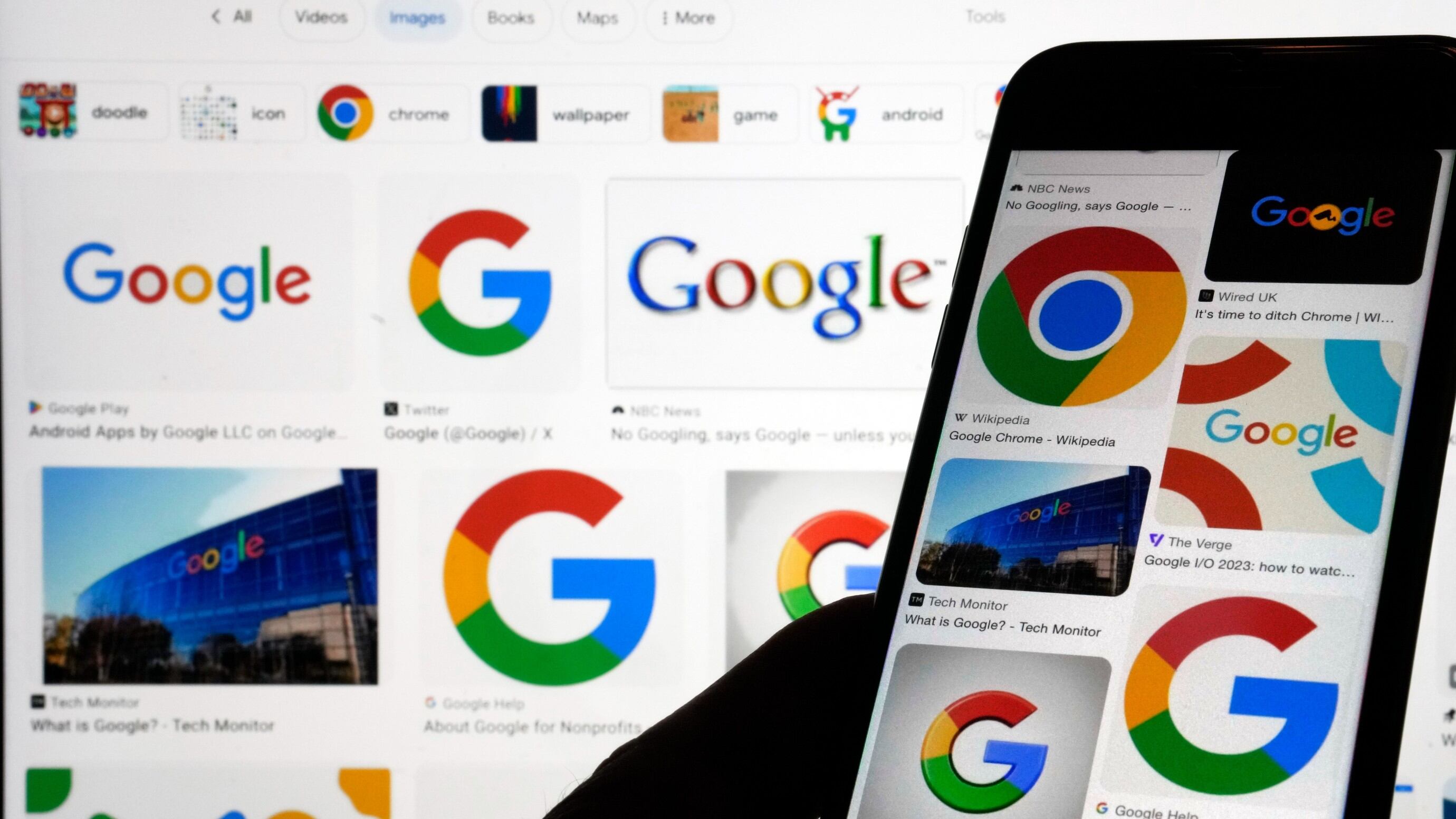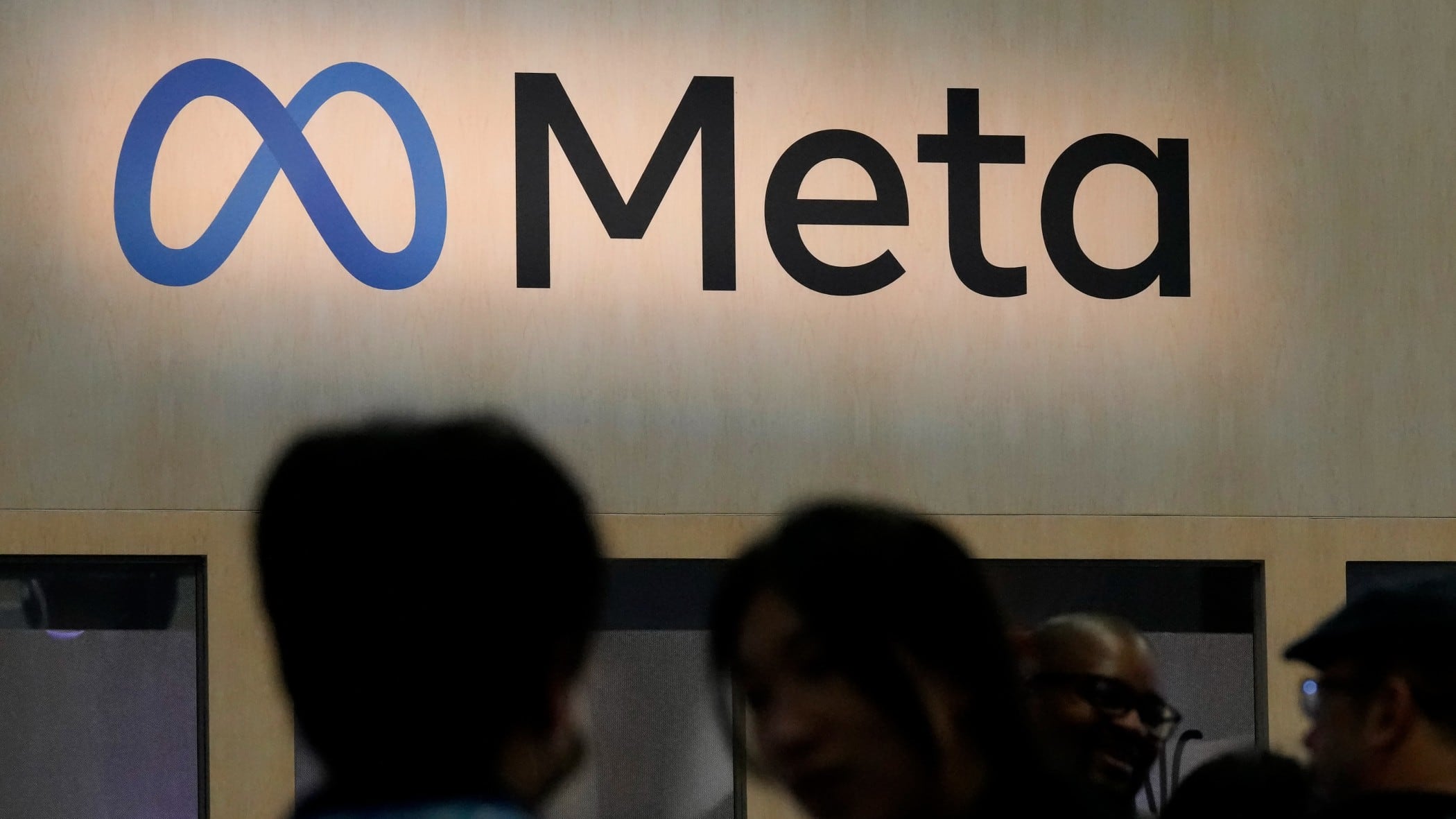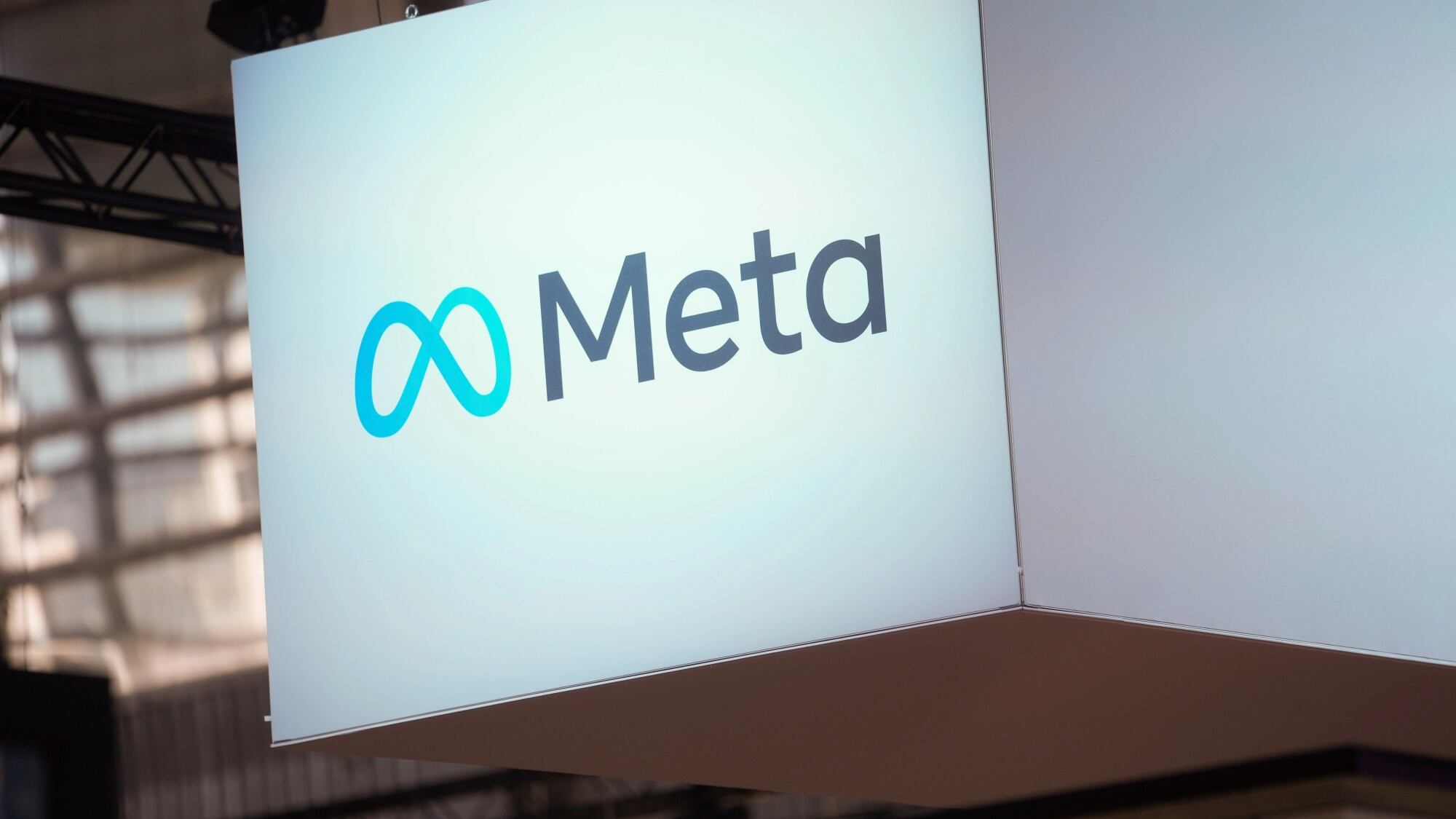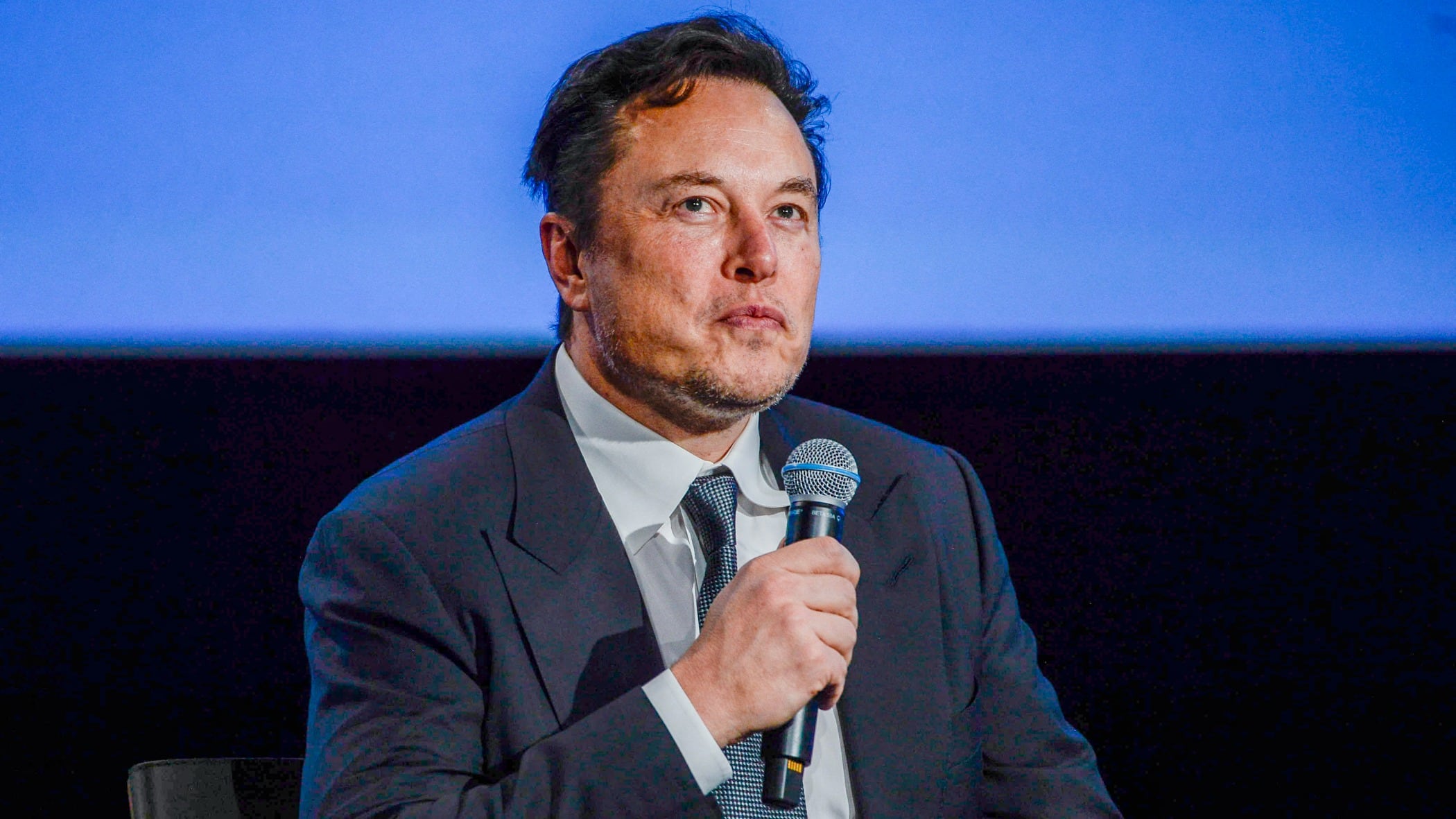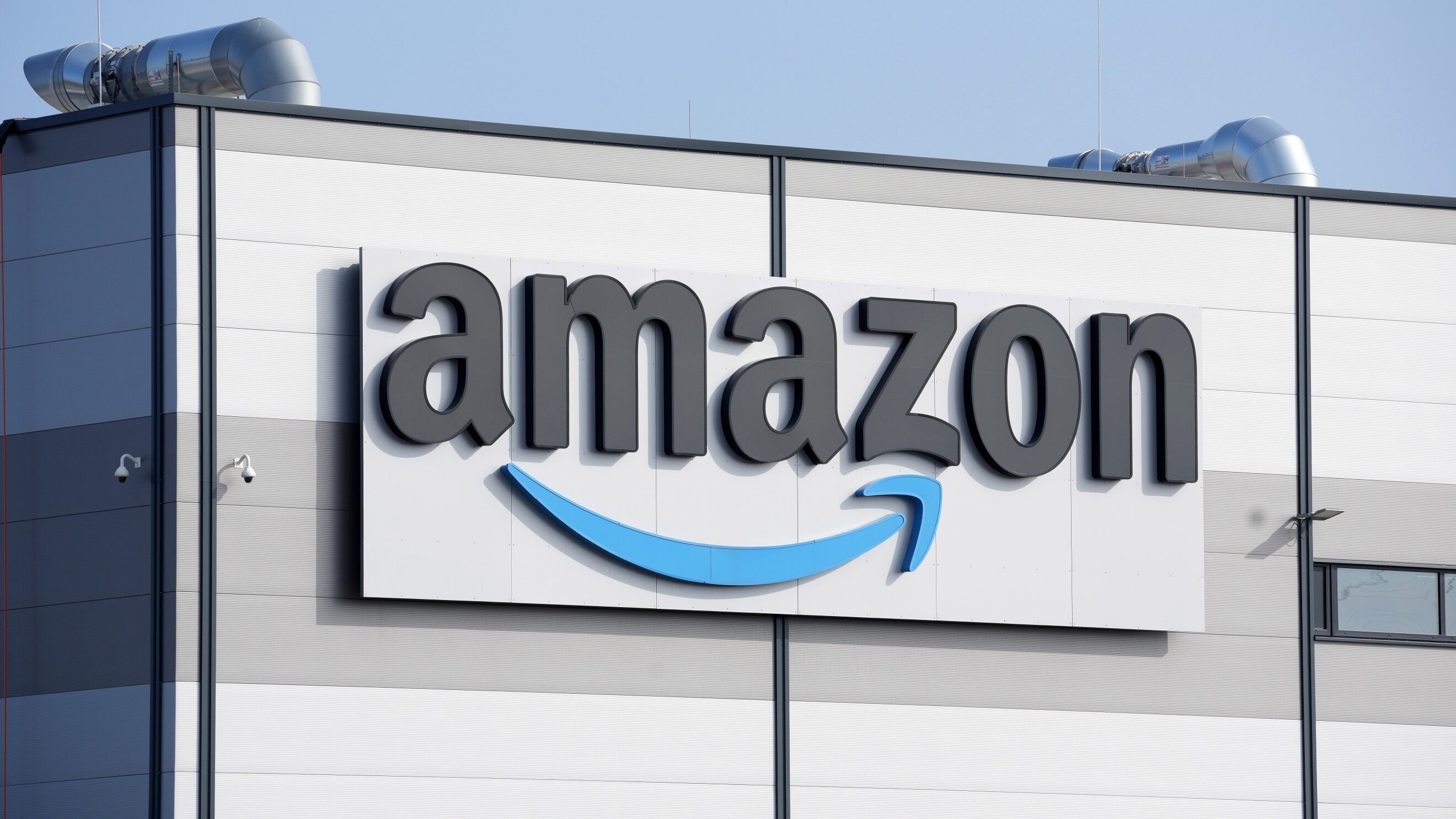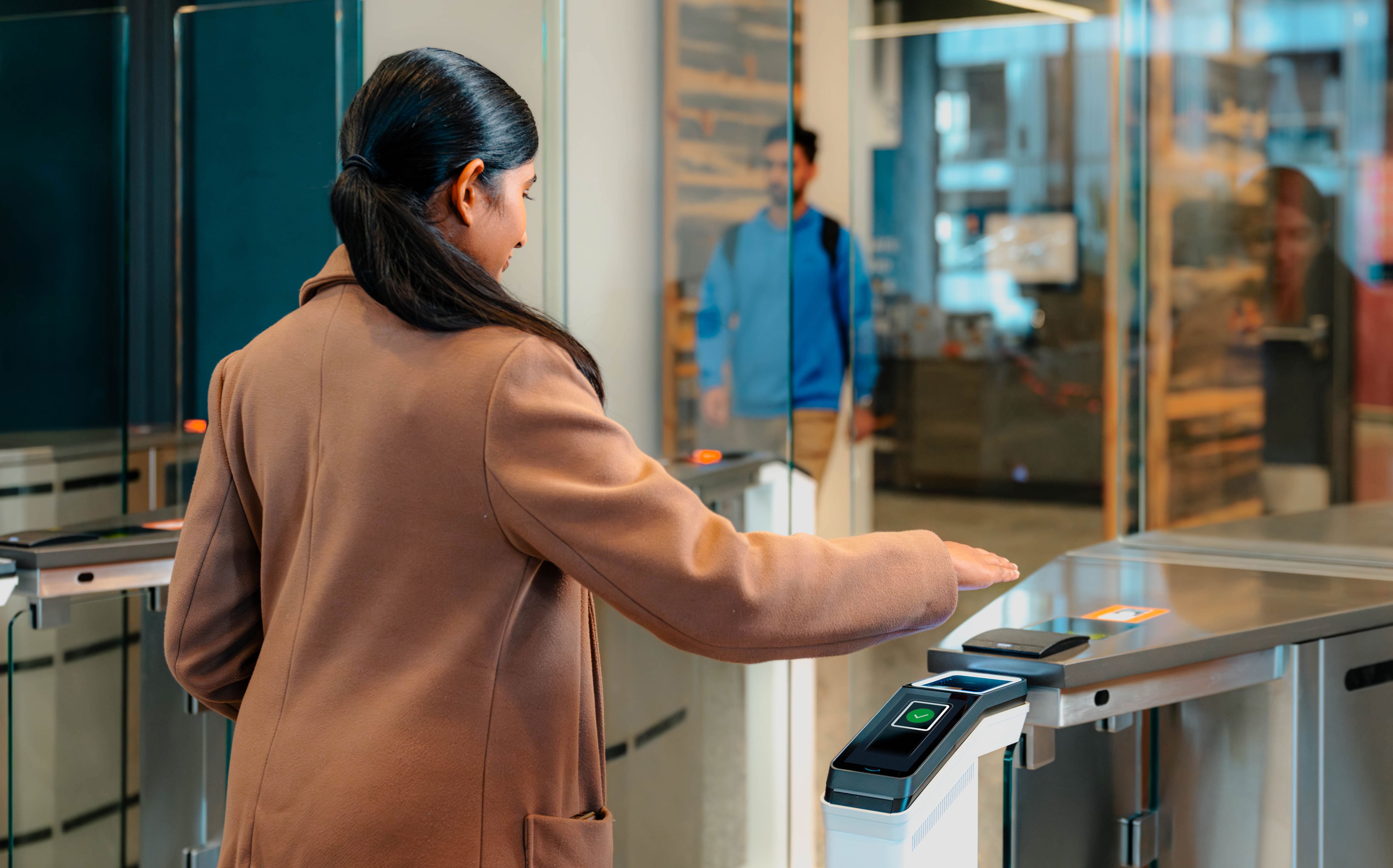*By Britt Terrell*
Snap is doing something that is unprecedented in social media. The maker of Snapchat has answered angry users' protests and revamped its app to make it more similar to the original version.
"It's a sign of humility in a way for Snapchat," said Marty Swant, a staff writer at Adweek. "In a way, I wonder if they have a bit of an identity crisis."
Is Snap making a tool for publishers or is the app catering to its core users?
Snapchat's 2017 redesign was meant to bring more people to its publishing page. But loyal users revolted: A petition called for the app maker to revert to the old design, the platform saw its user growth [decline in the last quarter](http://deadline.com/2018/05/snap-inc-snapchat-slowest-growth-earnings-stock-plunges-1202380663/).
As Snap's stock continues to plummet ーit's down nearly 50 percent year-over-year ー the company must figure out ways to appeal to advertisers.
"I think the big picture that Snapchat has now is their ads are a lot more creative than the ads you're seeing on Instagram stories - Snapchat's main competitor," said Swant in an interview Monday with Cheddar. "They're just cooler looking, they're more engaging. I think that's a big play, but the question is, do users actually spend time with them?"
For the full interview, [click here](https://cheddar.com/videos/snap-redesigns-its-redesign).
Google is moving forward with its previously-announced plan to delete inactive accounts and all associated data.
The network of nearly 4,800 fake accounts was attempting to build an audience when it was identified and eliminated by the tech company, which owns Facebook and Instagram.
Someone in China created thousands of fake social media accounts designed to appear to be from Americans and used them to spread polarizing political content in an apparent effort to divide the U.S. ahead of next year's elections, Meta said Thursday.
Elon Musk had some harsh words for advertisers who have left his platform X over rising hate and anti-Semitism on the platform, formerly known as Twitter.
The first commercial airliner to cross the Atlantic on a purely high-fat, low-emissions fuel flew Tuesday from London to New York in a step toward achieving what supporters called “jet zero."
A new study examined the link between mental health and internet use and didn't find that it was consistently linked to negative psychological outcomes.
Amazon announced that it's launching 'Q,' a business ChatBot powered by generative AI tech similar to ChatGPT.
A ransomware attack has prompted a health care chain that operates 30 hospitals in six states to divert patients from at least some of its emergency rooms to other hospitals, while putting certain elective procedures on pause, the company announced.
Amazon rolled out its palm-based identity service for businesses.
North Korea claims that its first spy satellite was able to photograph images of the White House, the Pentagon and U.S. military bases.
